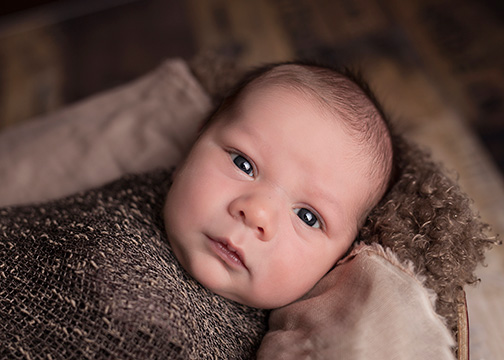The beacon of hope shines on in the practice of law
Three years after our article, “Mentorship: A Beacon of Hope in the Practice of Law” was published in the June 2011 issue of BarTalk, much has evolved in our mentor association and in our respective legal careers.
THE MENTEE PERSPECTIVE – THE STORY OF CANDACE CHO
Since 2011, much has changed in my life. I have expanded my business from a sole practitioner practice to joining forces with my past mentor, Judith A. Janzen, to expand the firm and brand that I developed back in January 2010: Onyx Law. Together, Judith and I now message a busy boutique family and estate litigation firm. We hung up our shingle in April 2012 and have been laughing and practising law together since then.
Professionally, my practice and experience has grown leaps and bounds thanks to the practical mentorship and awesome opportunities that Trevor has generously bestowed upon me. I have been lead counsel on cutting edge estate litigation cases with Trevor happily sitting in the backseat as my cheerleader and have been running many files independently.
Trevor and I continue to meet for our weekly dim sum lunches, and we continue to discuss litigation strategy, marketing, client management, politics, and anything else under the sun that we wish to discuss on that particular day, except now we are often joined by Trevor’s son, Jackson Todd, who is articling with him, and my associate, Janis Ko. The table is more crowded, and the conversation even more lively.
I have been extremely fortunate to have received such generous mentorship, and now have the pleasure of paying that forward in mentoring the members of my team at Onyx, and supporting other young counsel that have sought my advice. It is my firm view that mentorship is the way and the hope of lawyers being able go happily practice law into the future.
THE MENTOR PERSPECTIVE – THE STORY OF TREVOR TODD
As a forty-year call, watching Candace bloom into the very capable lawyer that she has become has been a rewarding experience that has motivated me to remain practising with renewed enthusiasm, while many of my classmates are in the process of retiring or have retired. I recognized Candace’s talents very early on and have considered myself the coach, mentor, and almost father-like figure to her over literally hundreds of lunches and thousands of emails.
From the outset, I raised the issue with her of what happens in several years when she was capable and no longer needed the hand holding of a mentor?
The answer was the evolution of our mentorship relationship into one more of sponsorship – I introduce Candace, on a regular basis to senior counsel, give her cases way beyond what most young lawyers would ever get to handle on their own, and otherwise promote her at almost every opportunity I am given.
Sponsorship has evolved as the eventual consequence of our very successful mentorship relationship and something that can continue into the foreseeable future.
Lastly, there is something great about the combination of young and old practitioners.
Candace is half my age but twice as bright and way more energetic. Our relationship has been completely symbiotic, with each of us growing both professionally and emotionally throughout the process. I highly recommend the process of mentorship to senior lawyers especially, and suggest to both young and old practitioners to be open to and seek each other out, with the view of mentoring and seriously sharing the senior practitioner’s knowledge and experience as thousands of young lawyers are “drifting” for lack of proper guidance in sufficient numbers.







